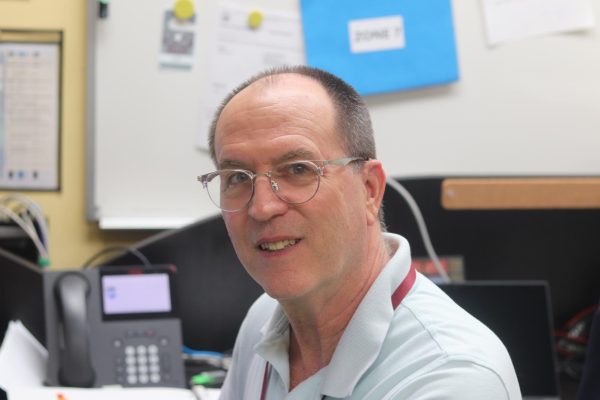[Q&A] Vice President of Corporate Affairs at POET Doug Berven actively works to combat the climate crisis on the international sphere
Doug Berven is the Vice President of Corporate Affairs for POET, the largest biofuel producer in the world. With no formal education extending past a Bachelor of Science degree from a small private school in South Dakota, Berven has been working in a number of different roles to combat the climate crisis. Photo courtesy of Doug Berven
June 1, 2023
What inspired you to join POET and what were your goals upon becoming part of the company?
It was the early 2000s and I was searching around for something new when I met our CEO, Jeff Broin, at a groundbreaking for one of the early ethanol plants that the company was building. I then did some research on biofuels and bioethanol and was really intrigued by it. This led me to send my resume to Jeff, not really applying for a job, just saying that I wanted to be part of this. This is what inspired me; opportunity, more than anything real specific. That motivation has evolved a lot over the last 20 years, because now we say it all the time, “We are here to change the world for the better.” We want to go from getting our resources from the center of the Earth to the Earth’s surface, as that’s all renewable. Then, from an economic standpoint, ethanol is much less expensive for the consumer. Plus, we keep prices strong enough for farmers to make a profit, while reducing the amount of oil it is necessary to import from other countries.
How have you made a difference in stopping the climate crisis through projects, legislation, etc.?
We make a difference just by growing. The more products we have in the marketplace, the cleaner the environment is. Gasoline today, and diesel oil in general, is getting dirtier and dirtier. This is because we’re getting it from more difficult sources, through energy intensive and environmentally-damaging means. Whereas, our product continues to get better and better. Bioethanol is about 50% better than gasoline and greenhouse gas emissions. Additionally, we will be 70% better by 2030 and at least carbon neutral by 2050 as an organization and probably as an industry.
How do you promote the objectives of POET and the benefits of biofuels?
We promote these things in every venue from speaking at conferences, to social media, to advertising. We do a lot of lobbying at the state, national and global level as well, advocating through a number of different trade organizations. Unfortunately, one of the things that is a huge challenge for us are misconceptions, therefore, part of our promotion is also education and getting the facts out. This has led us to spend a considerable amount of money on third party studies, whether that be tailpipe emissions, land use, or food availability.
What did you discuss on COP27’s panels in Egypt?
The COP events have been interesting over the last several years. The first one I went to was in Paris, eight years ago, when agriculture and oil were on the same plane, both viewed as polluters and problems from an environmental standpoint. Thankfully, over the course of the following years, we’ve been working, lobbying, educating, and advocating for agriculture and the potential of biofuels, so much so that this past year in Egypt, agriculture was front and center as one of climate change’s greatest potential solutions, which is mainly what I discussed.
At COP27 in Egypt, were there any specific organizations or groups that you were advising?
Well, the United Nations is big there, and the U.S. and many other countries have pavilions there, so essentially what we’re doing is targeting the decision makers of the world. This is especially true seeing as there are a number of different organizations in attendance that are actually making global policies around climate change.
What do you think that COP27 achieved in terms of the climate crisis?
I think there’s no doubt that over the last 10 years or so, climate change has gone from a completely political issue to a reality that we need to deal with. What we need to do now though, is deal with it economically. In this respect, I think that companies and organizations at COP27 have become much more grounded in reality and what can happen from a next step standpoint, rather than where we need to be in 10 or 20 years from now.
Have you faced any obstacles in your work?
The only obstacles I’ve faced are misperceptions. I often say that what people absolutely know to be true about our industry typically isn’t right. We have some people that want to say our industry uses thousands of gallons of water to create a gallon of ethanol, yet there’s no truth in that. Then, there are some that say that our industry is worse for the environment than gasoline or oil, which is just absolutely not the case.
Can you tell me about any moments you’ve had as a climate change champion that remind you of why you started in the first place?
Since well before I was in this industry, I have always loved to believe in something and sell something that I really believe in. Now, I’ve studied this industry for 20 years and there’s literally no downside to it. Everything that we are working for, I’m extremely proud of. That’s what keeps me in the fight. It’s not about money. It’s not about anything other than a passion for doing what’s right and changing the world for the better.

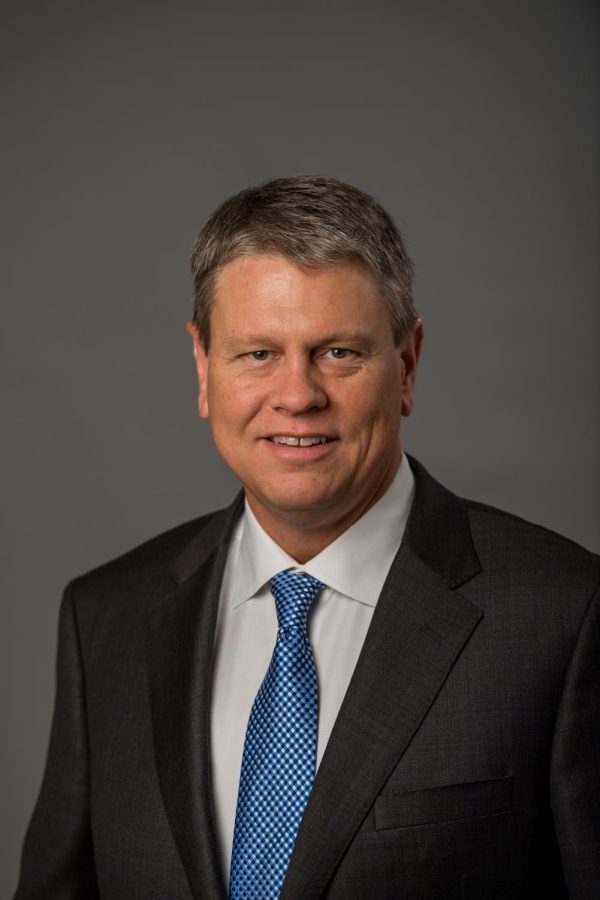

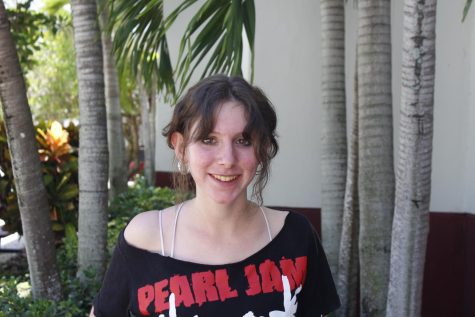


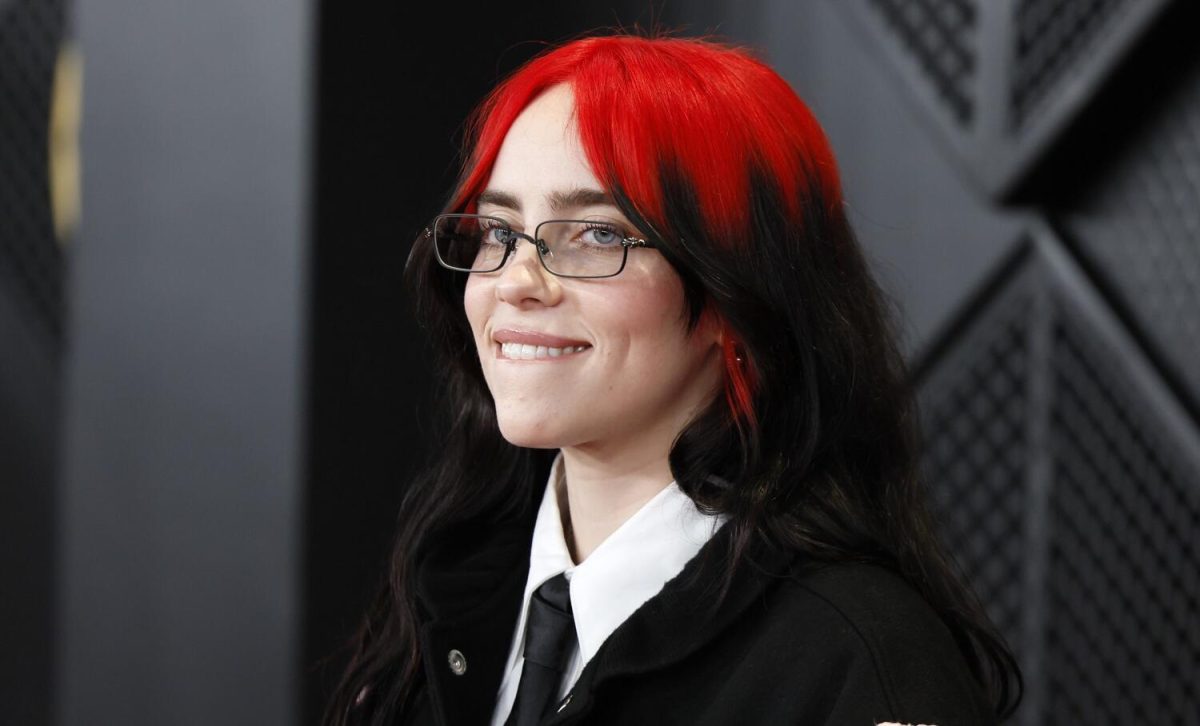
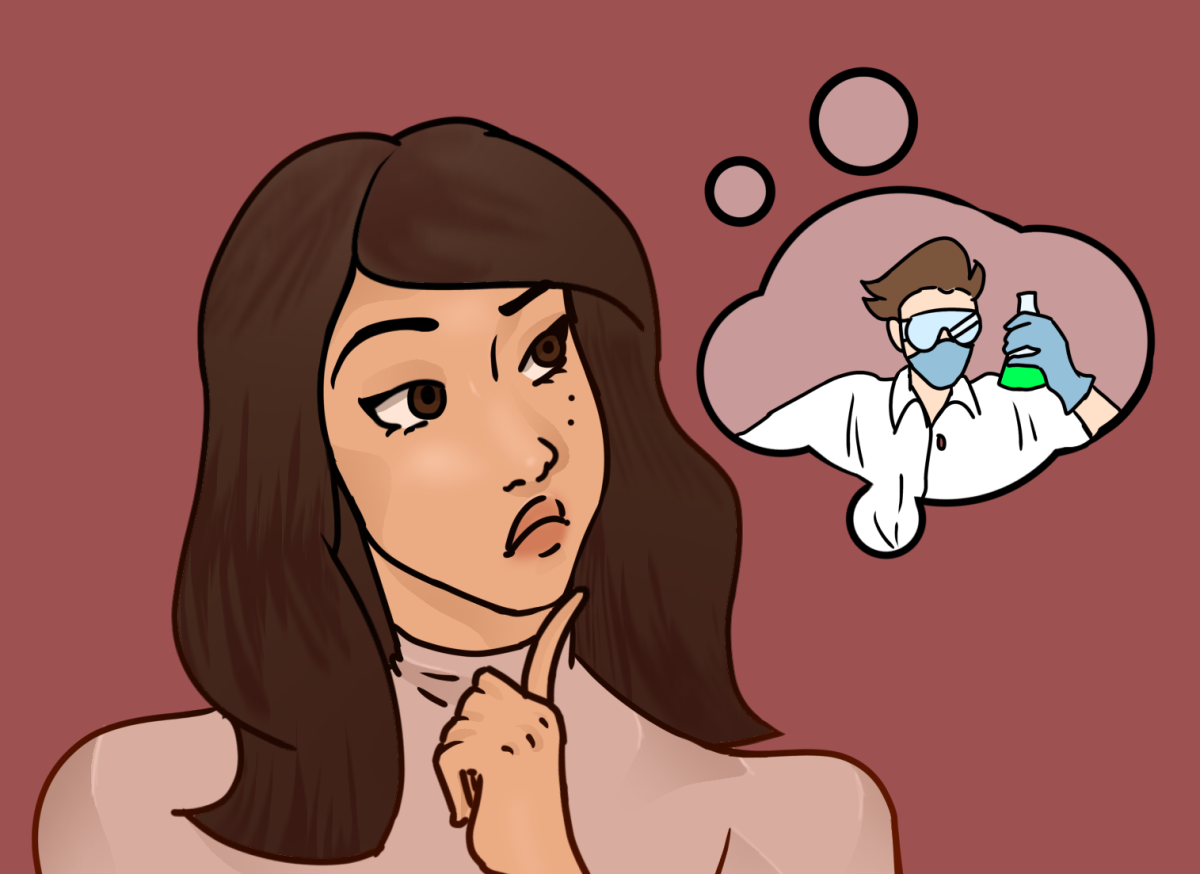








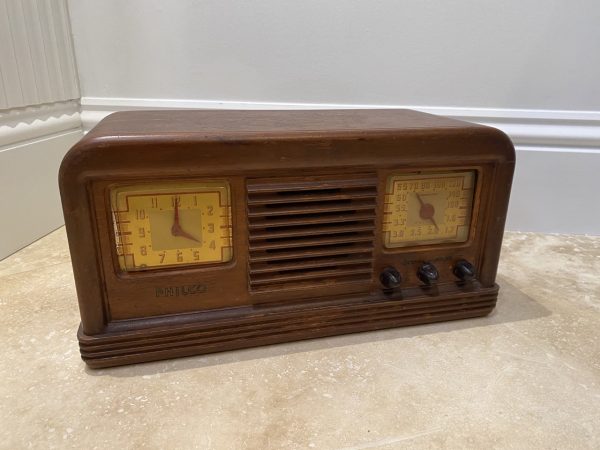
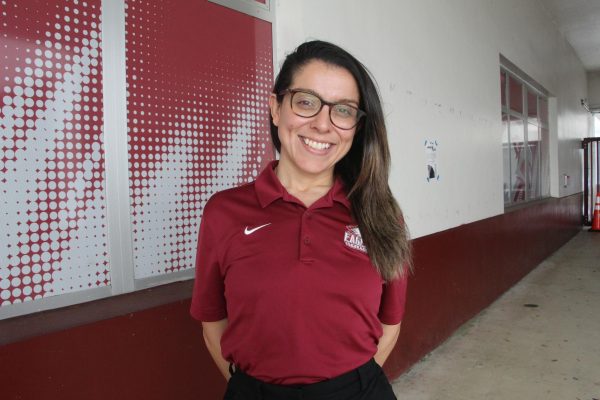
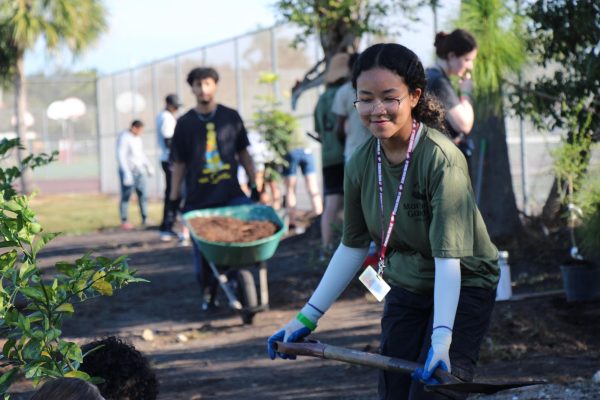


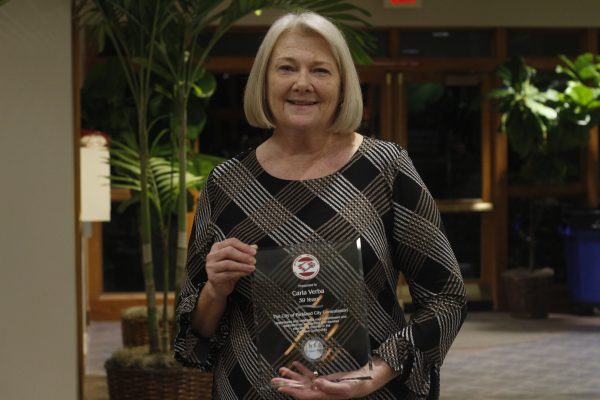

![(left to right) Seniors Stephanie Bilsky and Gracyn Haynes sport the DECA symbol, a triangle, at their first career fair, hosted on Dec. 6, 2023. The career fair had 12 business for students to explore and ask questions about. What we wanted to do is just take what weve learned [in DECA] and expand it to those students who arent enrolled in this class and dont have access and then just kind of take it to the community and allow students to discover their future as well, Haynes said.](https://eagleeye.news/wp-content/uploads/2024/01/9n9MEiC72JCfrptYKrZhoKhKscuboBiEju33GYeA-600x400.jpg)
